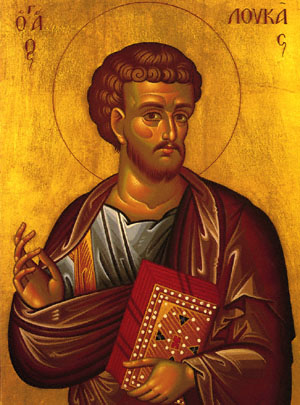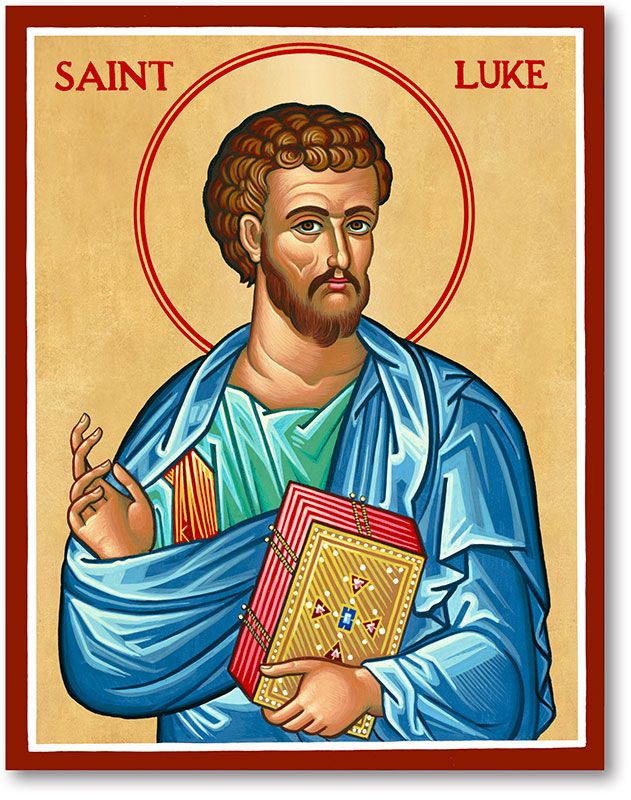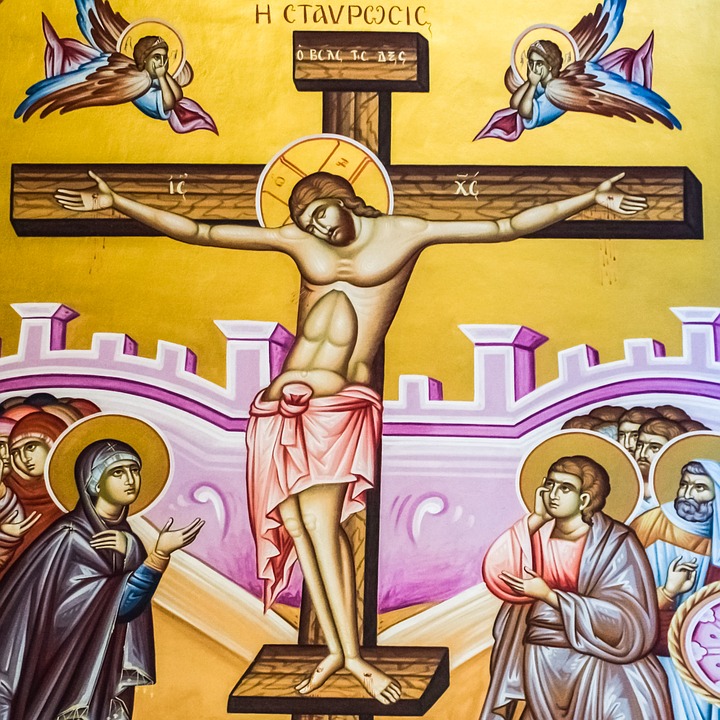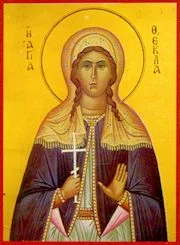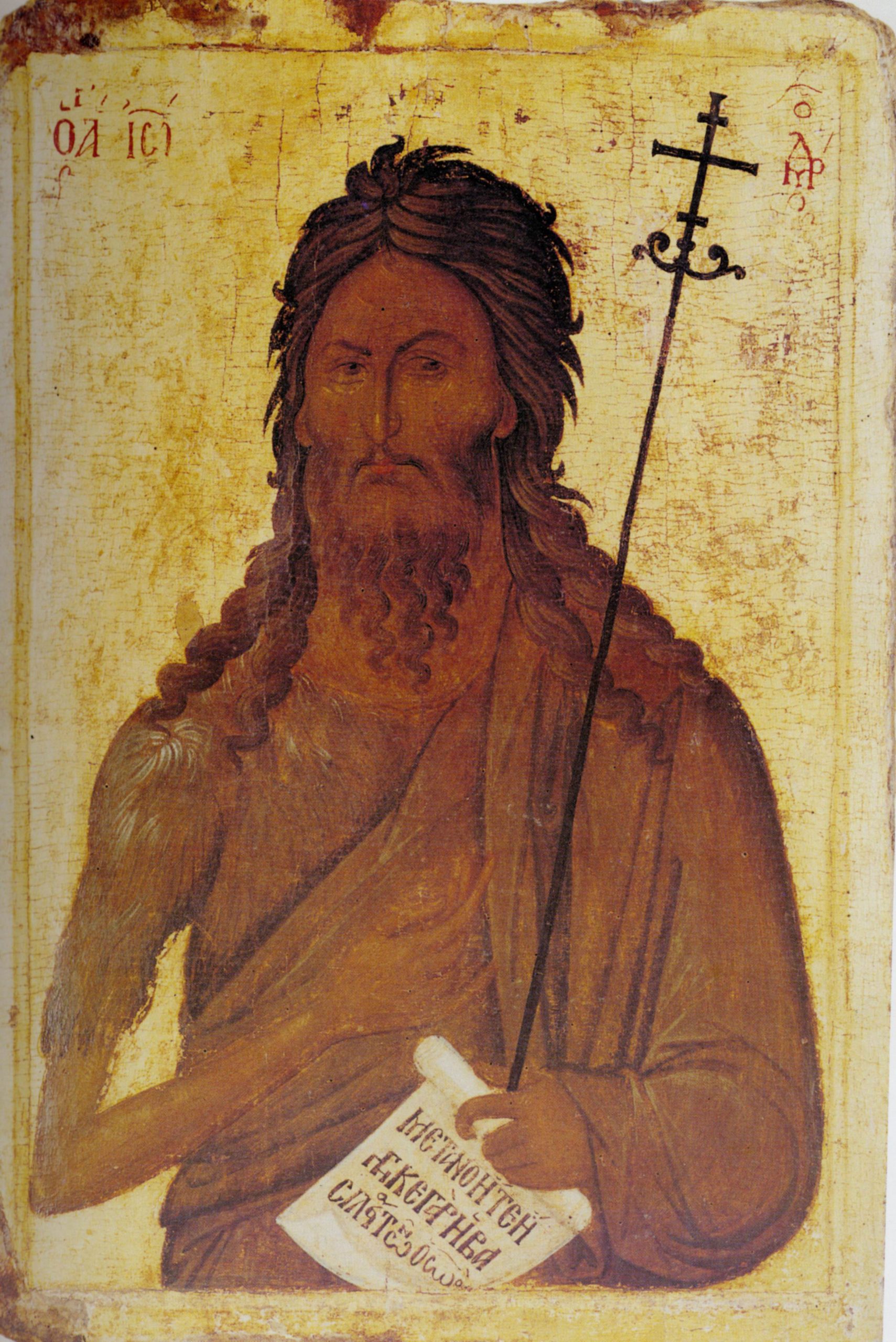He Was the First to Be Called—We are Called as Well
The next day again John was standing with two of his disciples; and he looked at Jesus as he walked and said, “Behold the Lamb of God!” The two disciples heard him say this, and they followed Jesus. Jesus turned, and saw them following, and said to them, “What do you seek?” And they said to him, “Rabbi” (which means Teacher), “Where are you staying?” He said to them, “Come and see.” They came and saw where He was staying; and they stayed with Him that day, for it was about the tenth hour. One of the two who heard John speak, and followed him, was Andrew, Simon Peter’s brother. He first found his brother Simon, and said to him, “We have found the Messiah” (which means Christ). He brought him to Jesus. Jesus looked at him, and said, “So you are Simon, the son of John? You shall be called Cephas” (which means Peter). The next day Jesus decided to go to Galilee. And He found Philip and said to him, “Follow me.” Now Philip was from Bethsaida, the city of Andrew and Peter. Philip found Nathanael, and said to him, “We have found Him of whom Moses in the law and also the prophets wrote, Jesus of Nazareth, the son of Joseph.” Nathanael said to him, “Can anything good come out of Nazareth?” Philip said to him, “Come and see.” Jesus saw Nathanael coming to Him, and said of him, “Behold, an Israelite indeed, in whom is no guile!” Nathanael said to him, “How do you know me?” Jesus answered him, “Before Philip called you, when you were under the fig tree, I saw you.” Nathanael answered him, “Rabbi, you are the Son of God! You are the King of Israel!” Jesus answered him, “Because I said to you, I saw you under the fig tree, do you believe? You shall see greater things than these.” And he said to him, “Truly, truly, I say to you, you will see heaven opened, and the angels of God ascending and descending upon the Son of man.” John 1:35-51 (Gospel from the Feast of St. Andrew)
Today is the feastday of St. Andrew, the first called of the Apostles. Andrew was a simple fisherman. He had a brother named Peter, and when Andrew heard the call of Jesus, he told Peter to come also. Andrew, despite being the first called, was not the leader of the disciples. That fell to Peter, who was told by Jesus that “You are Peter and on this rick I will build my church.” (Matthew 16:18) Peter, James and John (James and John were brothers, the sons of Zebedee) comprised the inner circle. Andrew was not in that either.
That does not mean that Andrew was not and is not an important figure in the history of salvation. We know that Andrew was one of John’s disciples, referring to John the Baptist. We know that John the Baptist was teaching his followers that One was coming after him and that One would be the Christ, the promised Messiah. So, before ever meeting Christ, Andrew was honing a faith “in the Christ,” that indeed there was going to be a Messiah coming and that John was going to be the one to endorse whoever that person was. On the day that Jesus passed by where John was talking to Andrew (and another unnamed “disciple” of John’s) John said, in reference to Jesus, “Behold the Lamb of God!” (John 1:36)
John had shown humility in completing his role as the Forerunner. He knew that in this moment, his role as a leader among his group of disciples was going to end and that they would now be following Christ. It took incredible humility to step aside from his life’s work, realizing that he had fulfilled his calling.
Andrew, on the other hand, had been prepared by John to switch his focus, and now he was showing incredible faith not only in John’s message but in following after Jesus, someone he didn’t know at all. John’s succinct message, “Behold the Lamb of God!” was all that Andrew needed to hear in order to follow. Immediately Andrew addressed Jesus as “Rabbi” (which means teacher) (John 1:38). He asked where Jesus was staying and Jesus invited Andrew and the other disciple to “come and see”, the first invitation to come to Christ. Andrew and the other disciple (of John’s) stayed with Jesus that day. In spending just a short time with Jesus, Andrew knew that this was the Messiah of Whom John had spoken. No one other than Andrew and the unnamed disciple and John the Baptist knew Who Jesus was.
So Andrew was faced with another important decision. Would he invited others to “come and see”? Would his invitation be from curiosity or conviction? And what would others think of his invitation? Would they be curious? Skeptical? Angry? Andrew made his second act of faith. His first was to follow. His second was to invite others to follow.
There are plenty of people who have done the first act of faith, to follow on their own. There are much fewer people who have done the second act, to invite others to follow. Perhaps they lack courage. Maybe they lack conviction. Or maybe it is a lack of knowledge. Or quite possibly people don’t see themselves as called to be an apostle, one who spreads the good news of Christ. Maybe some think that only the priests are called to this sacred duty.
Yet Andrew had been neither appointed nor ordained by Christ to do anything. He had been invited by Christ to “come and see” which he did. He had come to some understanding of Christ, though it is debatable how complete an understanding he could have after only spending an evening with Him. However, he had enough conviction in what he had heard to have the courage to invite someone else, his brother.
Andrew’s role is significant. What if he hadn’t trusted John the Baptist and followed Christ? What if he had heard the good news of Christ and had never shared it? What if he had never taken a chance and asked Peter to come with him to see Jesus? We might not have the Church that we have today. Sure, it is Peter that gets all the recognition as the “rock” of the Church. But it is Andrew who paved the way for that to happen.
After Pentecost, Andrew took the Gospel to the area around the Black Sea, including what it today Constantinople (or Istanbul, Turkey). He is the Patron Saint of the Patriarchate of Constantinople, and by extension, the Greek Orthodox Archdiocese of America. Andrew was crucified on an X-shaped cross, having requested not to be crucified in the same manner as the Lord.
Saint Andrew was the first to heed the call to follow after Christ. Later he became one of the first to share His message. Each of us is called, just as Andrew was to “come and see” who Christ is. We are all called, just like Andrew, to be both a disciple (student) and apostle (one who spreads the Word).
As first called of the Apostles and brother of Peter the Preeminent, O Andrew, intercede with the Master of all to grant peace to the whole world, and great mercy to our souls. (Apolytkion of St. Andrew, Trans. By Fr. Seraphim Dedes)
Come and see! More important, come and BE part of the body of Christ, first as a disciple, and then to be an apostle. This was the call of Jesus to Andrew. It’s His call to each of us as well.
These readings are under copyright and is used by permission. All rights reserved. These works may not be further reproduced, in print or on other websites or in any other form, without the prior written authorization of the copyright holder: Reading © Holy Transfiguration Monastery – Brookline, MA, Apolytikion of Abbot Marcellus © Narthex Press, Kontakion of Abbot Marcellus © Holy Transfiguration Monastery – Brookline, MA.
The Revised Standard Version of the Bible is copyrighted 1946, 1952, 1971, and 1973 by the Division of Christian Education of the National Council of the Churches of Christ in the U.S.A. and used by permission. From the Online Chapel of the Greek Orthodox Archdiocese of America.
